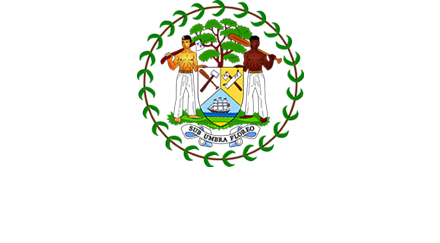Petroleum Regulatory Framework & Fiscal System
Regulatory Framework
The regulatory framework is the laws and rules that govern the petroleum industry and which the Government uses to regulate the industry. The parent laws that govern the petroleum industry are the Petroleum Act and the Petroleum Regulations.
The other rules that the Government uses to regulate the petroleum industry are outlined in the exploration licenses. The exploration license is called a Production Sharing Agreement or PSA. It is a contract between the Government and the petroleum company for the exploration and production of petroleum in Belize and, in addition to the Petroleum Act and Regulations, contain rules that the company must follow when carrying out petroleum operations and the revenues that the company must pay to the Government. The model contract used by Belize was developed from the Indonesian model. There are a number of different types of model contracts used by different countries worldwide.
Other laws that govern the petroleum industry are the Income and Business Tax Act, the Income and Business Tax (Amendment) Act, 2006, the Income and Business Tax (Amendment) Act, 2008, the Environmental Protection Act and the Environmental Regulations. The Income Tax Commissioner’s Bulletin is also used in the regulation of petroleum operations and contains the rules regarding expenditures and the calculation of production share.
Other legislation that are referred to from time to time are the Forest Act, the Forest Regulations, the National Parks Systems Act and the National Parks Systems Regulations when companies require permission to enter into protected areas to explore for petroleum.
Fiscal System
The fiscal system is the revenue system or types of revenues paid to the Government by producing companies. There are two main types of fiscal systems used by different countries worldwide. These are:
- Royalty/Tax System.
- Production Sharing System.
In a royalty/tax system the producing company only pays a royalty and income tax to the host Government. In a production sharing system the producing company only pays a large production share percentage to the host Government. In addition the host Government may have an option to purchase a working interest in an oilfield and a progressive fiscal item such as a windfall profits tax to capture additional revenues from additional profits earned by the producing company from high oil prices. The fiscal system used by Belize is a hybrid of a royalty/tax and production sharing system because it is a combination of both plus it has a working interest option for the Government and a progressive fiscal item in the form of a petroleum surcharge.

